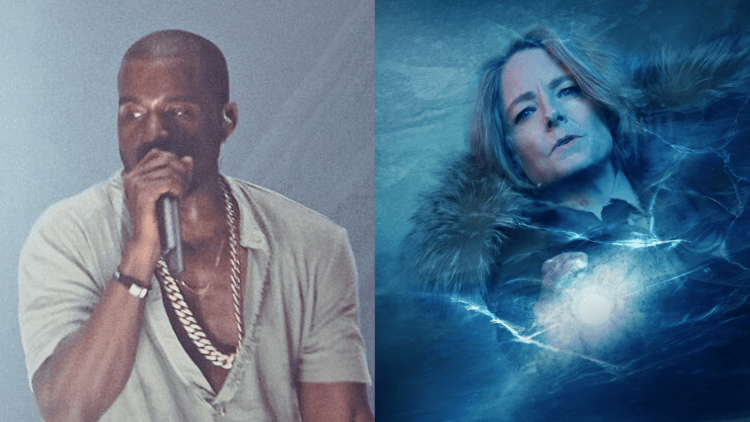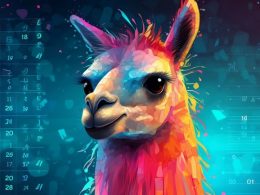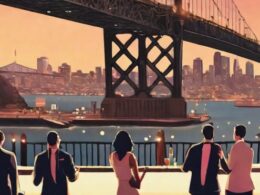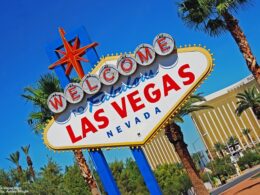More than a year after the debut of ChatGPT, generative AI technology continues to stir controversy among artists. Tools like Nightshade have garnered attention for their potential to resist AI companies from using artists’ work to train image and video generation models. However, this hasn’t stopped some prominent figures in pop culture from embracing AI technology.
In the latest season of True Detective, titled Night Country, viewers spotted AI-generated posters in a character’s bedroom. Eagle-eyed fans noticed the low-quality images that became obviously AI-generated upon closer examination. These posters, featuring a girl group and a rock band, added a certain air of cheapness to the scene and production. While not a pivotal moment in the episode, some viewers found this use of AI to be off-putting, especially considering the fan base’s attention to detail when unraveling the show’s mysteries.
“Chat GPT came as we were shooting. So, we were feeling not kind towards AI.” – Issa López, showrunner of True Detective: Night Country
Showrunner Issa López sought to explain the inclusion of AI-generated posters as intentional, with the aim of portraying a “sad” aesthetic that reflects the rural Arctic setting of the show. However, López also reshared AI-generated fan art, indicating a willingness to use AI as a creative tool.
While there may be some resistance to AI in entertainment, it’s clear that its usage is expanding. Even with landmark contract agreements giving writers and actors more control over AI usage, the increasing exposure to AI will likely lead to greater acceptance in the industry.
AI in Music: The Case of Ye
In recent years, the reputation of the artist formerly known as Kanye West has been marred by controversies surrounding his offensive remarks and public struggles. With his upcoming album Vultures, a collaboration with rapper Ty Dolla $ign, Ye has turned to AI to promote his work. A trailer for the album, created by visual artist Jon Rafman, features eerie and surreal imagery, matching the artist’s previous aesthetic.
“A.I. does something similar. It can handle the mundane, repetitive stuff, ideally freeing us up to do more meaningful work.” – Jon Rafman
Rafman, a proponent of AI in art, believes that the use of AI allows artists to focus on storytelling and eliminates time-consuming tasks. While there may be fears and hostilities towards AI, Rafman acknowledges its potential to enhance creative expression.
The Growing Acceptance of AI
Ye, López, and Rafman are not the only artists embracing AI in their creative process. Rapper Nicki Minaj faced criticism for using AI-generated artwork in her album promotion. Marvel’s TV series Secret Invasion also received backlash for using AI-generated imagery in its opening title sequence. Despite resistance from some audiences, the quality of AI generators continues to improve, making it harder to distinguish AI-generated content. With influential artists and creators embracing AI, its usage in entertainment is poised to continue growing.
As the train has left the station, it is crucial for artists and companies to consider the impact of AI in their work. Planning for a range of audience responses is necessary amid the ongoing integration of AI in art and entertainment.









